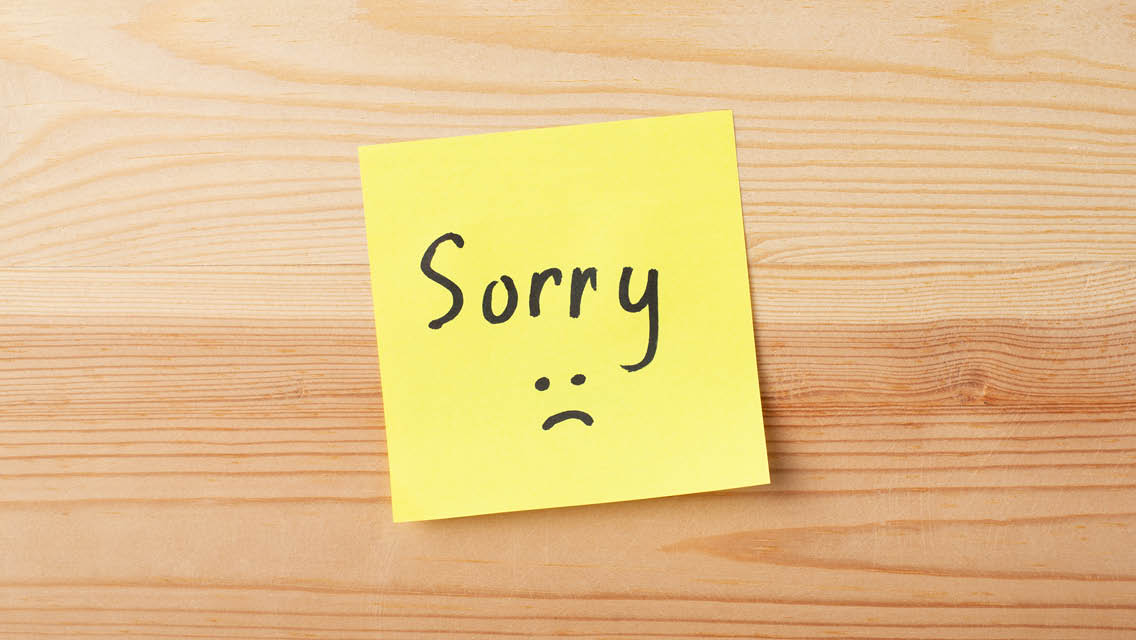Do you and your partner speak the same love language?
Chances are the answer is no, says Gary Chapman, a relationship counselor and author of a slew of best-selling self-help books for couples, including the mega-seller “The 5 Love Languages.”
“In a marriage, almost never do a husband and wife have the same language,” Chapman told the New York Times a few years ago.
Chapman, 79, holds a doctorate in adult education from Southwestern Baptist Theological Seminary and is a pastor who embraces evangelical Christianity, but his relationship advice is pretty secular.
Judging by the book’s popularity — it has sold more than 10 million copies (and counting) since it was first published in 1992 and has been translated into almost 50 languages — people of all stripes are embracing Chapman’s relationship advice and, specifically, his taxonomy of love languages.
“Each of us has a primary love language,” Chapman told the Times. “The key is we have to learn to speak the language of the other person.”
According to Chapman, there are five ways people express love:
- Words of affirmation
- Quality time
- Receiving gifts
- Acts of service
- Physical touch
When one person’s way of expressing love is different from her partner’s — which is often the case — trouble ensues.
Hormone expert Sara Gottfried, MD, says difficult relationships are one of the key reasons hormones get out of whack, and she believes that understanding your partner’s love language is “one of the best ways to get your hormones in balance.” She’s even used the concept in her own marriage.
“I used to think that love was the key to our success in marriage, but I’ve changed my mind. It’s love language,” writes the Harvard-trained doc in a recent blog.
As Gottfried explains, her husband’s primary and secondary love languages — quality time and physical touch — are different from hers, but when she makes the effort to focus her attention on him and “touch him often and with intention,” they get along great.
“At first it felt mildly exhausting since these are not my love languages, but the rewards are definitely worth the effort,” she notes. “There’s something curious that occurs when you learn your partner’s love language. You develop your witness self. You become more objective. You finally say to yourself, ‘Oh, maybe I’m being the jerk here. What would it feel like if I clean up my side of the street?’”
Take a free quiz that identifies your primary love language.
For more on the five ways most people “speak” love, see Experience Life’s “The 5 Love Languages.”




This Post Has One Comment
Nice article It tells the importance of decoding your partners love language it does not tell you how???? Did you write a book your trying to sell? What is it’s title?